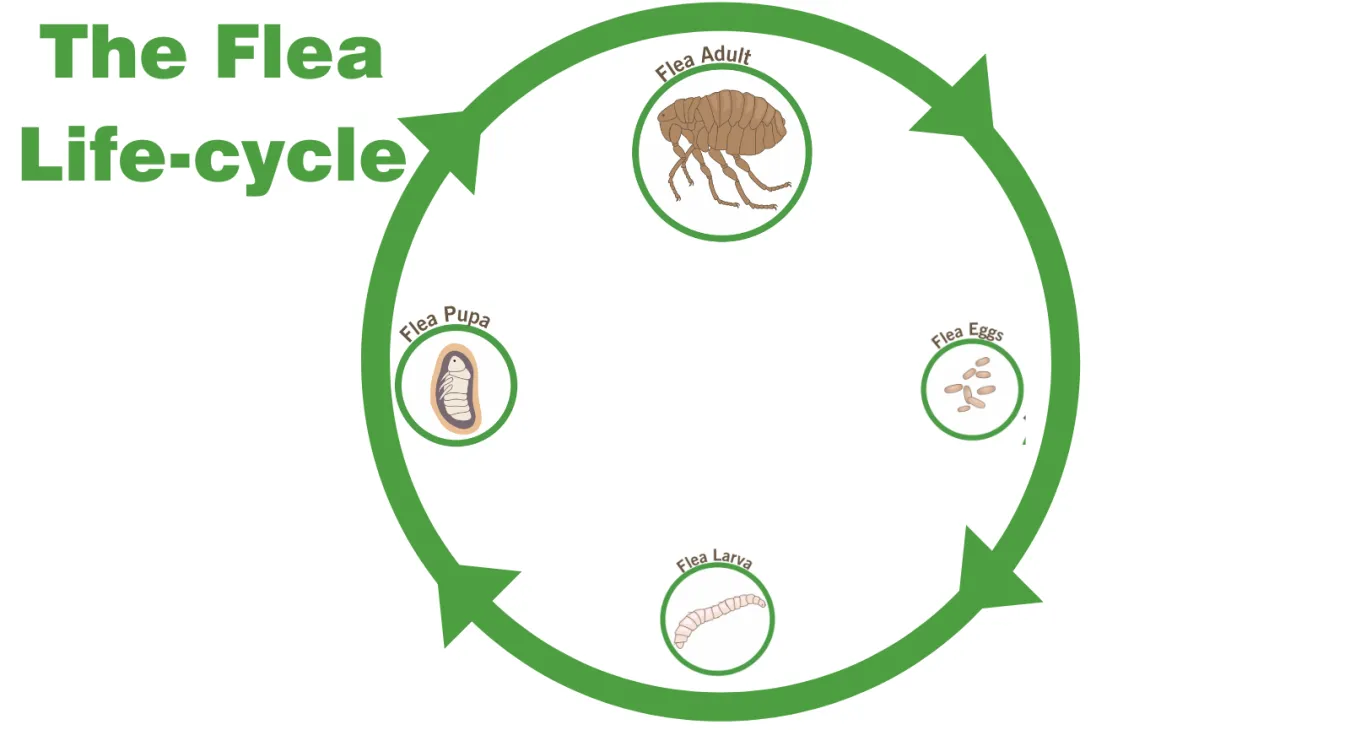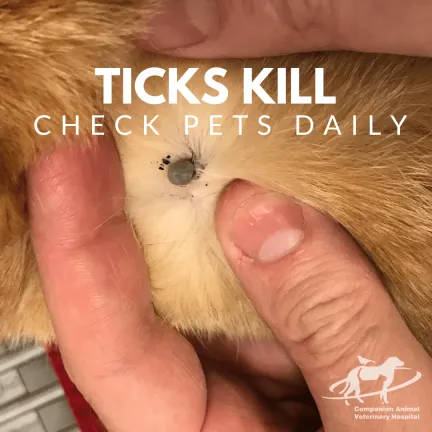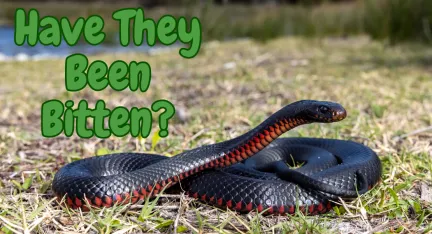Hi everyone, Matt here from Companion Animal Veterinary Hospital. Today, I want to talk about something that's a common nuisance for our furry friends – fleas. Understanding the life cycle of fleas is crucial in effectively controlling and preventing these pesky critters. So, let's dive in!
The Flea Life Cycle: A Brief Overview
In our latest video, we've broken down the flea life cycle into four main stages:
-
Adult Fleas: These are the fleas that live on your pet. Contrary to popular belief, they spend their entire life on one animal. They eat, sleep, reproduce, and lay eggs all on your pet.
-
Eggs: These are laid by adult fleas and then fall off into the environment. Your pet essentially becomes a 'salt and pepper shaker' of flea eggs, spreading them wherever they go.
-
Larvae: These hatch from the eggs and are mobile, moving around in the environment. They can travel up to a meter from where they were originally dropped.
-
Pupae: The final stage before becoming an adult flea. This stage is particularly tough, as the cocoon protects the flea from chemicals, making them hard to kill.
Why Understanding This Cycle is Important
Knowing this cycle is key to effective flea control. Many people focus only on the adult fleas on their pet, but this is just the tip of the iceberg. In fact, adult fleas only make up about 5% of the entire flea population in an infested environment. The rest are in the egg, larval, or pupal stages, hidden in your home.
Next Steps: Treatment and Prevention
Remember, effective flea control is not just about treating your pet; it's about breaking the life cycle of the flea. By understanding this cycle, you can take proactive steps to keep your pet and your home flea-free.
Read more articles
- Log in to post comments



